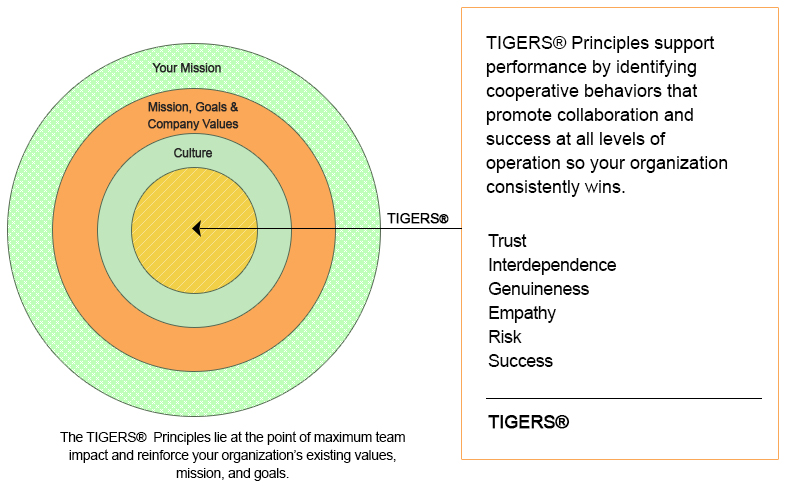 Many accomplished employees have found themselves promoted into a leadership position. They soon discover that just because they are a good employee doesn’t always mean that they will be a great leader. Strong leadership requires dedication and hard work. This includes continual learning and effective time management skills.
Many accomplished employees have found themselves promoted into a leadership position. They soon discover that just because they are a good employee doesn’t always mean that they will be a great leader. Strong leadership requires dedication and hard work. This includes continual learning and effective time management skills.
Strong leadership also requires a good measure of instinct. Strong leaders have great instincts. They are also confident in their decision-making abilities.
Data goes a long way in helping leaders to make decisions, and research shouldn’t be ignored or dismissed without consideration. The best leaders, however, know when to listen to the experts and when to listen to their gut.
TIGERS® Strategies for Improving Strong Leadership
The following strategies can help leaders improve their skills and become better team decision-making and problem-solving facilitators and managers.
Listen to your instincts for strong leadership performance
Frequently as a leader you’re told to “go with your gut”. At the same time you are also instructed to listen to the data and make decisions based on the cold hard facts. But according to a study on intuition from Joel Pearson, an associate professor of psychology at the University of New South Wales in Australia, research finds that individuals can use their intuition to be more confident in their decisions while making better, faster and more accurate decisions.
The study published in the journal Psychological Science points to how intuition plays a large role in areas of soft skills. This includes networking and human resources. These two activities are difficult to quantify with data anyway.
The study found that when people were surrounded by positive subliminal inputs, they were better able to make decisions and trust those decisions over time. So practically speaking in business, when leaders get to know their team members on a social level, they are better able to pick up on employee happiness and job satisfaction. This helps them to make better decisions for the company as a whole because they know what their team members need.
Value learning for strong leadership performance
In business, and in life, learning isn’t a one-time event. Innovation, creativity and curiosity go hand-in-hand. In order to be successful in your endeavors, you need to continually learn new skills to complement your existing knowledge base.
Ongoing training, like the TIGERS Manager as Facilitator Training, offers leaders the opportunity to learn how to become good facilitators to bring people together to work toward solutions. As a result, groups are able to accomplish more with high levels of commitment and accountability. Leaders are able to become stronger in their roles, and team members respond through greater buy-in, reduced group conflict and good decision-making.
Prioritize your time for strong leadership performance
One of the greatest struggles many leaders face is time management. Imagine fitting rocks, pebbles and sand into a jar. If you start with the pebbles and the sand, there won’t be enough room for the rocks. But if you put the rocks in first and then the pebbles, the sand can fill the spaces around the rocks.
This analogy holds true for leadership time management. The rocks are the big, lengthy projects that require multiple steps and a big chunk of time. When there are a lot of pebbles and sand to deal with, it can seem like a smarter idea to tackle the easy projects first. But since time is limited, this approach often leads to leaders spending too much time on small tasks without saving enough time for the big rocks.
Therefore, instead of creating one long to-do list with everything under one line, create three separate line items for your tasks. This way you can determine which tasks require the most amount of time so you can better prioritize and plan your tasks to get the most accomplished during your day. You can also delegate sand and pebble issues and get a double bang for your buck by developing your staff.
Effective, strong leadership requires many different skills that lead to success. Fortunately, many skills can be taught.
One important strategy for leaders to follow is listening to their own instincts, which sometimes contradicts what research and data may disclose. Great leaders practice making decisions based on their instincts when in a pinch, and then follow it up with good data.
Another strategy leaders can follow is valuing learning. Ongoing and continual learning is an essential for strong leadership success. Truly great leaders invest their time in improving their skills on a continual basis.
A third strategy for success is prioritizing your time. A successful leader recognizes how much time they have in the day and are able to prioritize which tasks require the most amount of time. This frees up time for smaller tasks, too.
With these three strategies, leaders can improve their skills for greater success.
Here are some additional resources we found to deepen this conversation
- The Science of Intuition: How to Measure ‘Hunches’ and ‘Gut Feelings’
- Going With Your Gut? See What Science Says About Making Better Decisions
- 5 Things The World’s Most Exceptional Thinkers Have in Common
- Your To-Do List Isn’t Working. Here’s How to Fix It in 1 Step
Copyright TIGERS Success Series, Inc. by Dianne Crampton
About TIGERS Success Series
 TIGERS® Success Series takes the guesswork out of workforce development. TIGERS provides a comprehensive, robust system for improving both your work environment and profitability.
TIGERS® Success Series takes the guesswork out of workforce development. TIGERS provides a comprehensive, robust system for improving both your work environment and profitability.
We specialize in developing high performance work cultures. Scaled to grow as your organization and leadership performance grows, our proprietary Team Behavior Profile, Management training workshops, and online micro training packages are based on the six principles we have found to be the right mix to make this happen.
The TIGERS 6 Principles are Trust, Interdependence, Genuineness, Empathy, Risk and Success. Born from our many years of business, psychology, and educational group dynamic research, and subsequent four years of independent evaluation, we instill and sustain behaviors that improve work group performance and talent retention for measurable ROI.
For more information or to request a presentation to your group or association, call 1+877-538-2822. To subscribe to our complimentary newsletter, click here.